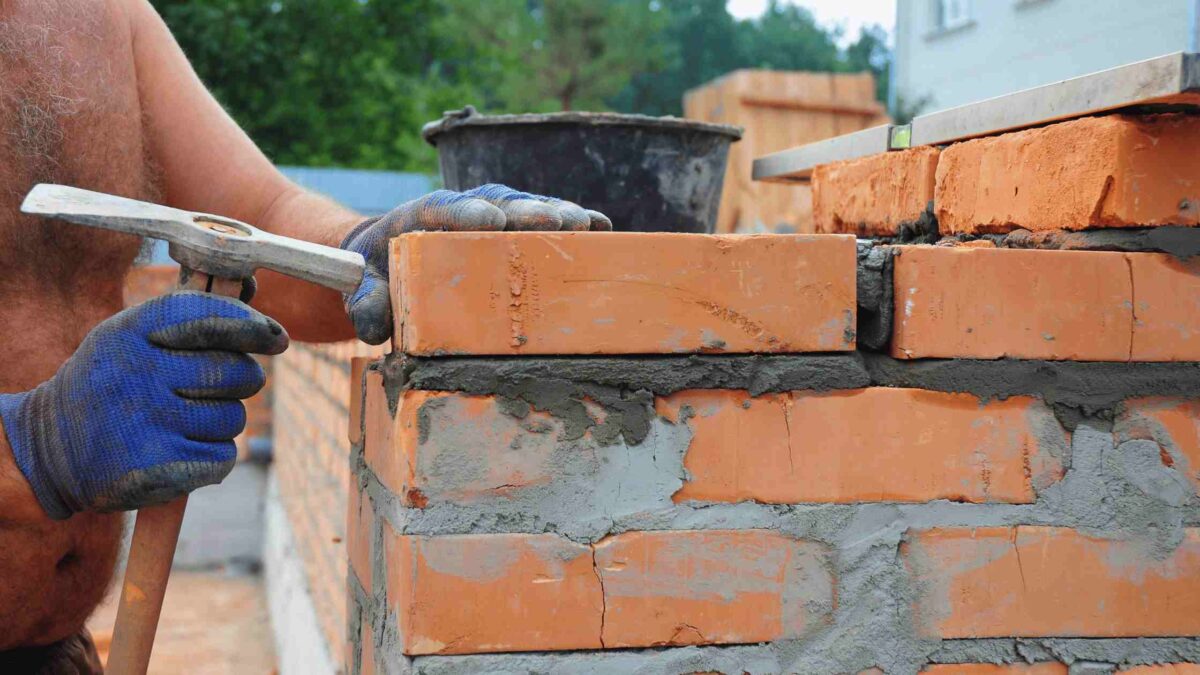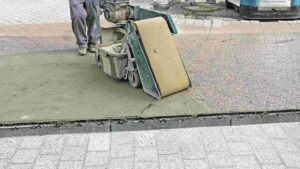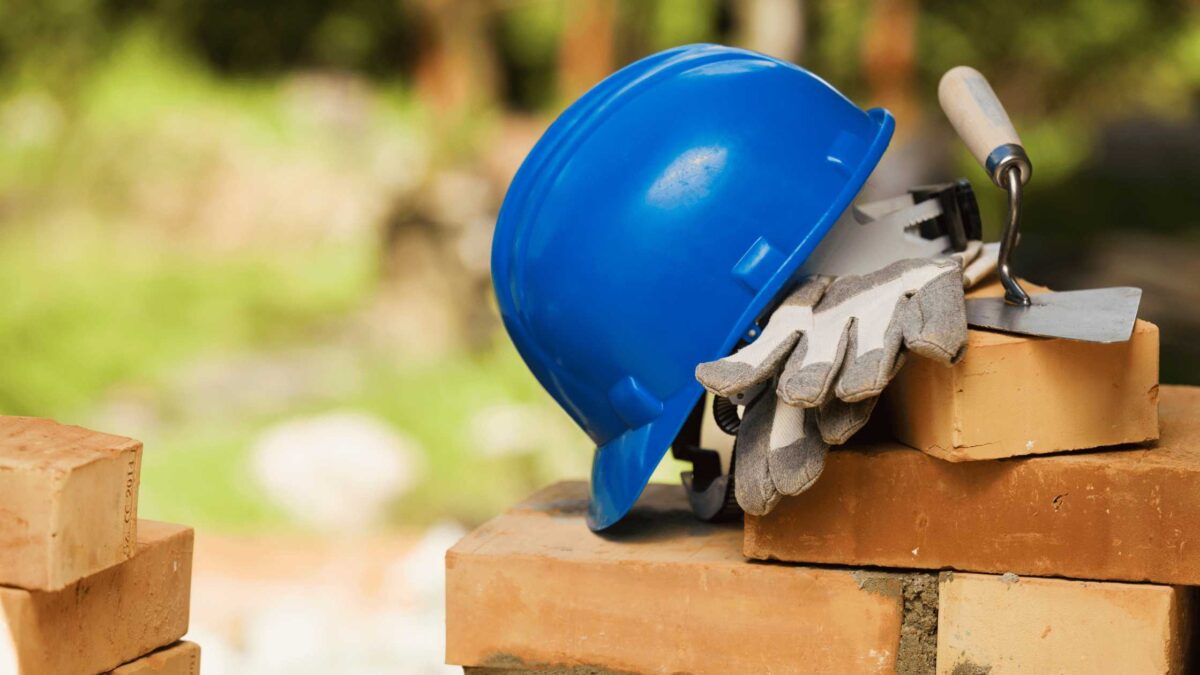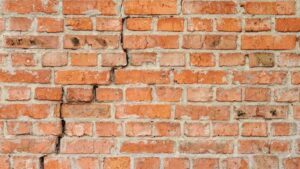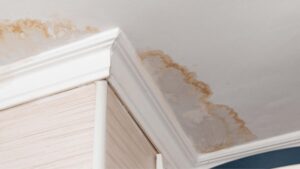An enduring foundation both literally and metaphorically, is essential for any construction project. When it concerns concrete work, choosing the right concrete contractor is crucial to assure a positive and long-lasting result. From patios and driveways to foundations and slabs concrete is a material with a variety of uses which requires expert knowledge to achieve an impeccable end.
This guide equips you with the knowledge and steps to confidently choose a concrete contractor who aligns with your project’s needs and budget.
Defining Your Project Needs
Before beginning the hunt for a concrete builder, be sure to take a moment to be clear about the scope of your project. Below are some important aspects to think about:
- Project Scope: Determine the nature of the concrete work needed. Do you need an entirely new driveway or patio foundation, or repair?
- Dimensions and Design: Determine the space that requires concrete, and draw the basic layout if it is possible. This will benefit you to convey your vision energetically to contractors you are considering.
- Material Preferences: Study the various kinds of concrete and the various finishes available. Discuss any particular quality, color or aesthetic needs you might have.
- Budget: Determine a realistic budget for your project. This will guide your decision-making process and warrant that you choose an expert within your budget limits.
Finding Reputable Concrete Contractors
With a thorough understanding of the project, you’re now able to make a list of possible concrete contractors. Here are the accurate ways to identify professionals with the right qualifications:
- Referrals: Ask relatives, friends or neighbors who recently had work done. Recommendations from friends and family are an excellent gauge of a contractor’s credibility.
- Online Directories: Look through directories online and platforms such as “[business listing website”[business listing website]” as well as “[local contractor association’s website”[local contractor association website]” to locate concrete builders in your local area.
- Reviews and Ratings: Read online reviews on platforms such as Google My Business or industry-specific websites to evaluate past client experiences with various contractors. Find contractors that have consistently positive ratings and feedback.

Assessing Contractor Qualifications
When you’ve got the list of potential contractors you can begin to look deeper into their qualifications as well as experiences. There are a few key aspects to consider:
- Experience and Expertise: Search for contractors who have experience in similar projects to yours. Experience gives them a better knowledge of possible challenges and ensures smooth implementation.
- Licensing and Insurance: Make sure that the contractor holds a valid contractor’s license in the state you reside in and have adequate general liability and workers’ compensation insurance. This helps you avoid any unexpected liability.
- Professionalism: In your interactions with contractors, evaluate their professionalism. You should look to see clear and concise communication. quick responses, and an ability to take your questions seriously.
- Safety Measures: Find out about the safety guidelines of the contractor. The skillful concrete contractor will be a strong advocate for safety and will be able to discuss their safety procedures at the site of work.
The Consultation Process
After shortlisting a few qualified concrete contractors, schedule consultations to discuss your project in detail. Here’s what to expect and how to get the most out of these meetings:
- Project Overview: Please describe the scope of your project, highlighting the design you want, materials and timeframe.
- Contractor’s Approach: Ask the contractor to explain the plan they have for your project. This will include the types of materials they suggest and the construction process and the timeframe for the project’s completion.
- Cost Breakdown: Request an accurate written estimate that outlines the price of supplies such as equipment, labor, and any extra costs.
- Warranty Information: Ask about the warranty provided on the finished project. A trustworthy concrete contractor will be able to stand behind the work they do and help in providing the warranty for a certain time.
Asking the Right Questions
A successful consultation depends on asking the proper questions. Here are some important questions to think about:
- Do you grant some references to similar work? Referring to references will allow you to hear firsthand accounts of the contractor’s ethics and standards of quality.
- Do you have previous experience working on my particular kind of project? Experience with similar projects leads to a better understanding of possible challenges and an easier execution.
- How safe are you? A well-qualified contractor is committed to safety and should be able to openly discuss safety procedures at the work site.
- What are your plans for handling any unexpected issues that might be encountered during the course of the project? Knowledge of the contractor’s problem-solving strategy is vital.
- What are your hours to begin and complete the project? Make sure the timeline of the contractor is in line with your goals.

Making an Informed Decision
After having a discussion, carefully review the bids from contractors you have shortlisted. These are the most important factors to take into consideration before making your final decision:
- Cost Estimate: Check the cost breakdown from every contractor. Be cautious of estimates that appear to be significantly lower than other estimates because they could indicate the use of low-quality material or labor.
- Communication Style: Think about the communication style of the contractor and their responsiveness throughout consulting. Select a contractor you are comfortable with and effectively addresses your concerns and questions.
- Comfort Level: You should trust your gut. The contractor you choose must be one you are comfortable with and can count on to provide quality work.
Signing the Contract
After you’ve selected the concrete company It’s now time to formalize the contract with an agreement in writing. Your contract must clearly state the following points:
- Project Scope: A detailed description of the project to be completed, which includes the materials, specifications, as well as finishing.
- Timeline: The set start and end dates for the project.
- Payment Schedule: The breakdown of payments milestones, including the first down payment, the progress payments, and the final one after the completion.
- Change Order Policy: A procedure to handle any changes or changes to the scope of work following the signing of the contract.
- Warranty Information: The details of the warranty that is offered for the project completed, which includes the duration and duration of protection.
Conclusion
Choosing the right concrete contractor is an important decision that can significantly impact the success and longevity of your project. By following these steps and conducting thorough research, you can confidently select a qualified professional who will deliver exceptional results within your budget.




